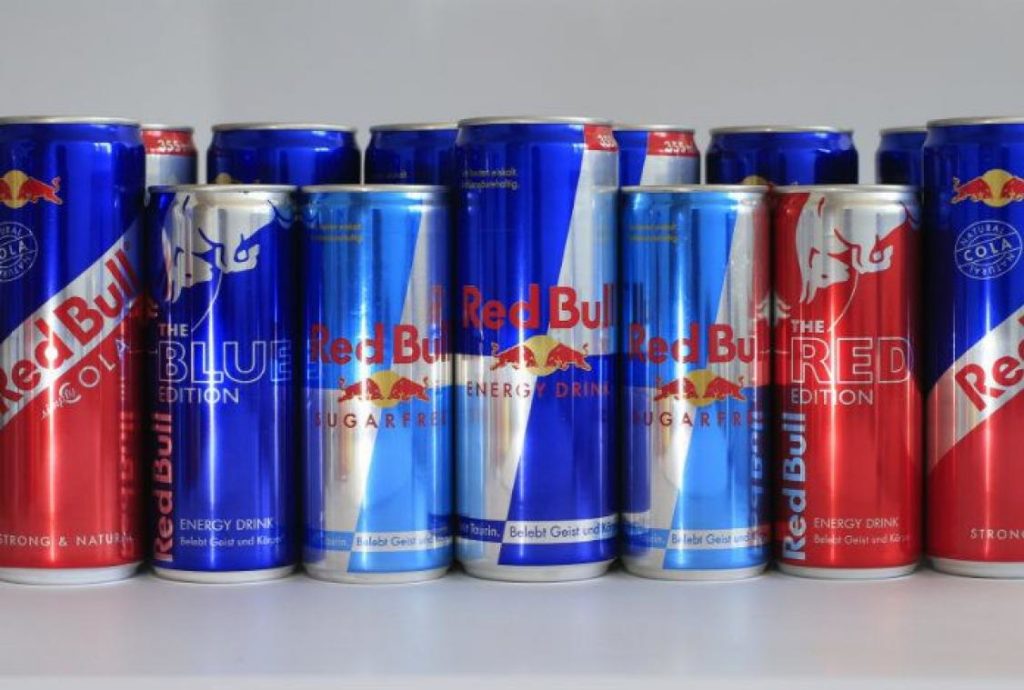Unannounced inspections have been carried out at the premises of global energy drink leader Red Bull, suspected by the EU of anti-competitive practices, the Austrian company told French news agency AFP on Tuesday.
“On Monday, officials from the European Commission visited our premises,” Red Bull officials told AFP, saying that the firm was “of course cooperating on all matters concerning them.”
On Tuesday, the EU executive, which watches over competition in the 27-member union, had announced that inspections were being carried out in several states.
Suspected violations of anti-trust rules
The Commission said in a statement that it feared a violation of antitrust rules. However, it did not specify the name of the company involved, or the European countries in which the inspections took place.
The Commission explained that the investigations were “a preliminary step in an investigation into suspected anti-competitive practices,” but provided no further details. It added that the inspections did not prejudge the outcome of the investigation.
Companies involved in secret cartels face heavy fines. However, they may be granted immunity or reduced fines if they report the facts and cooperate with the Commission throughout the proceedings.
Flagship of Austria’s food industry
Red Bull appointed three directors to run the company following the death of its Austrian founder, Dietrich Mateschitz, last October at the age of 78.
Mateschitz had belatedly created Red Bull in 1984, after discovering the beverage at a Hong Kong hotel bar.
He built the brand into one of the flagships of his central European country’s food industry with a great deal of sports marketing, and became Austria’s richest man.
Over 16,000 employees worldwide
His son Mark Mateschitz now owns 49% of Red Bull. The Thai Yoovidhya family owns the rest.
The company is based in Fuschl-am-See, western Austria. It currently employs nearly 16,000 people worldwide and sold more than 11.58 billion cans in 2022.

